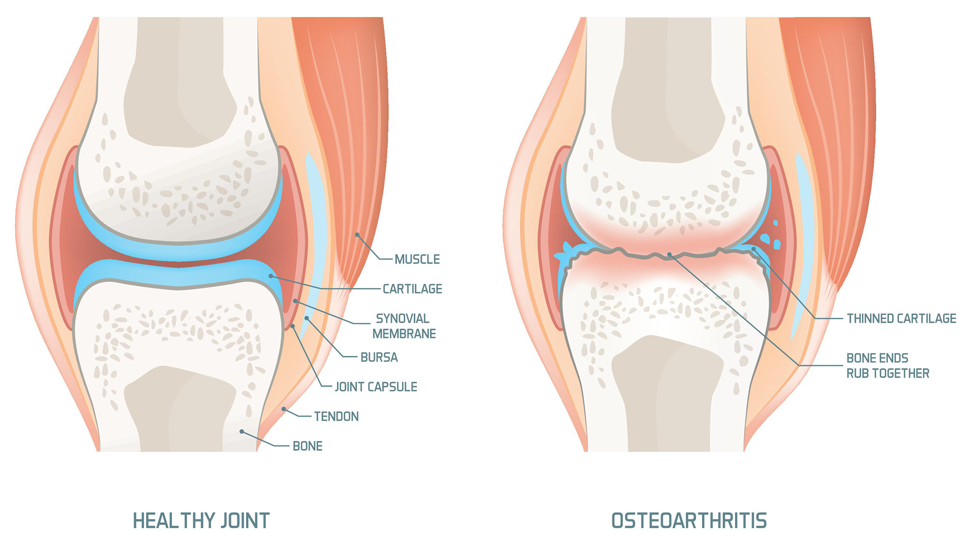A Spark of Hope: Exploring Ayurvedic Management of Autism Spectrum Disorder
February 28, 2024
Alzheimer’s Disease: Exploring Integrative Management with Ayurveda and Modern Medicine
March 16, 2024Introduction:
Autism Spectrum Disorder (ASD) is a complex neurodevelopmental condition that affects individuals differently, impacting their social interaction, communication skills, and behavior. Despite advancements in research, the exact causes of autism remain uncertain. At Shreevidya Herbal Research Center, we delve into the various hypotheses surrounding the origins of ASD and explore the classifications of this disorder to better understand and support individuals affected by it.
Exploring Potential Causes:
Genetic Factors: Genetic predisposition is believed to play a significant role in the development of ASD. Studies have identified numerous genes associated with autism, contributing to variations in brain development and function.
Brain Impairment and Toxic Metals: Some hypotheses suggest that exposure to mercury and other toxic metals may lead to brain impairment, potentially increasing the risk of autism. However, scientific evidence linking heavy metal exposure to ASD remains inconclusive.
Vaccines and Viruses: The debate surrounding vaccines and their alleged connection to autism has been extensively discussed. While numerous studies have debunked the myth of vaccines causing ASD, concerns persist among certain groups. It’s essential to emphasize the overwhelming scientific consensus that vaccines are safe and crucial for public health.
Compromised Immunity: Another hypothesis suggests that compromised immunity, possibly due to vaccines or mercury exposure, may contribute to the development of autism. However, robust evidence supporting this claim is lacking, and further research is needed to elucidate the role of the immune system in ASD.
Gut Health and Antibiotic Usage: The gut-brain connection has garnered attention in autism research, with some studies highlighting the potential role of gut microbiota in influencing brain function and behavior. Antibiotic usage, especially during early childhood, may disrupt gut flora, although its direct link to autism remains speculative.
Prenatal Factors: Maternal factors such as consumption of intoxicants during pregnancy, including alcohol and certain medications, have been implicated in increasing the risk of ASD. Additionally, exposure to environmental toxins and pollutants during gestation may impact fetal brain development.
Understanding Classifications of Autism:
Autism Spectrum: ASD encompasses a spectrum of neurodevelopmental disorders, ranging from mild to severe, with varying degrees of impairment in social communication and behavior. This spectrum includes autism, Asperger’s syndrome, and pervasive developmental disorder not otherwise specified (PDD-NOS).
Severity Levels: ASD is categorized based on the severity of symptoms and functional impairments. The Diagnostic and Statistical Manual of Mental Disorders (DSM-5) distinguishes between three levels of severity: Level 1 (requiring support), Level 2 (requiring substantial support), and Level 3 (requiring very substantial support).
Co-occurring Conditions: Individuals with ASD often experience co-occurring conditions such as intellectual disabilities, attention-deficit/hyperactivity disorder (ADHD), anxiety disorders, and sensory processing difficulties. Addressing these comorbidities is crucial for providing comprehensive care and support.
Individualized Treatment: Recognizing the heterogeneity of ASD, personalized treatment approaches are essential to address the unique needs and strengths of each individual. Interventions may include behavioral therapy, speech and language therapy, occupational therapy, and educational support tailored to the individual’s requirements.
Conclusion:
At Shreevidya Herbal Research Center, we strive to deepen our understanding of autism spectrum disorders by exploring the multifaceted factors contributing to their etiology and classification. While the exact causes of ASD remain elusive, ongoing research efforts continue to shed light on the complex interplay of genetic, environmental, and developmental influences. By embracing a holistic approach to diagnosis, treatment, and support, we endeavor to empower individuals with ASD and their families to lead fulfilling and meaningful lives.

